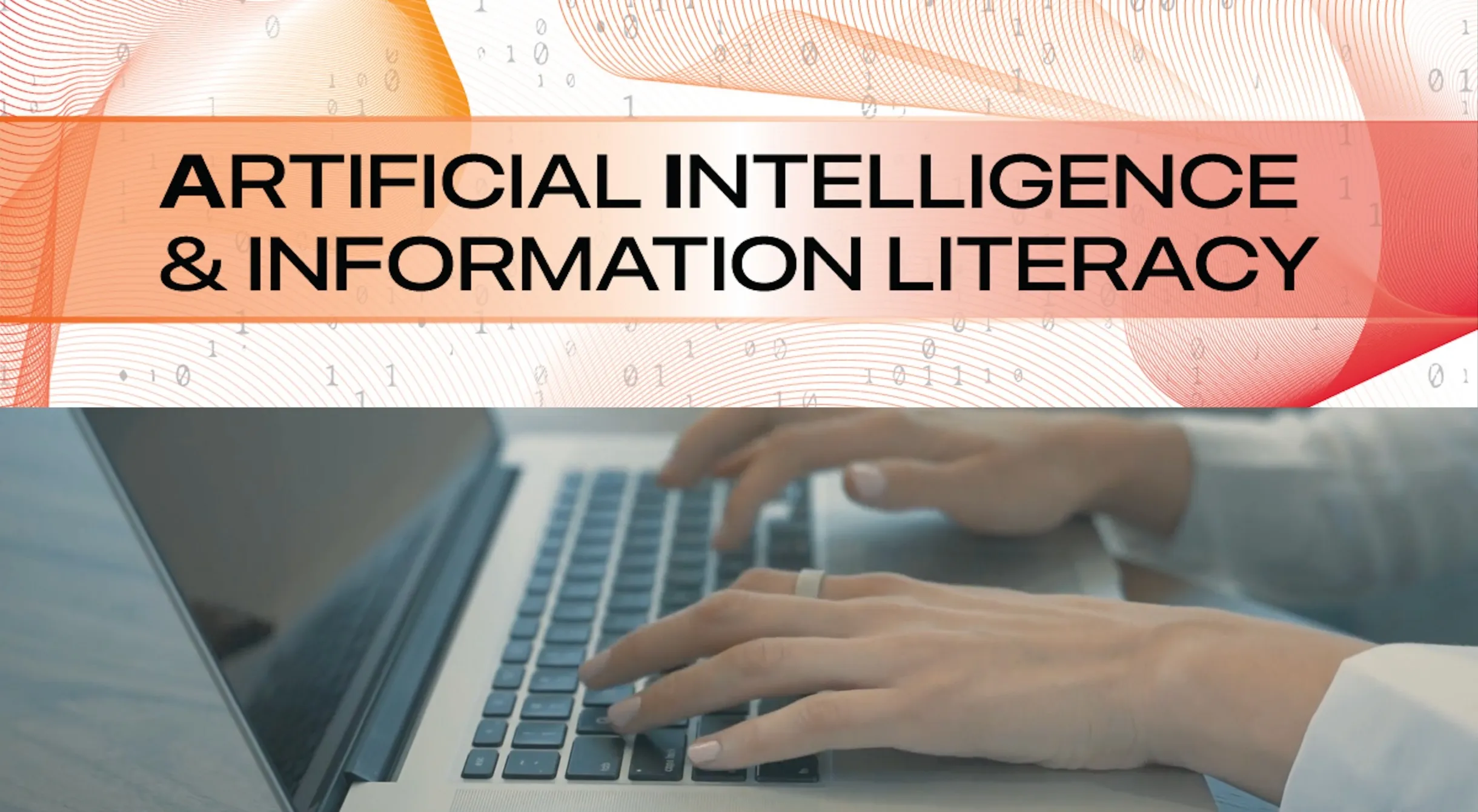
Two faculty members in the University of Maryland Institute for Advanced Computer Studies (UMIACS) are part of a winning team in the university’s Invention of the Year competition.
Hal Daumé III, a professor of computer science, and Katie Shilton, a professor in the College of Information, collaborated with other UMD colleagues to develop an online educational module designed to help students understand artificial intelligence (AI) through an information literacy lens, making it easier for them to navigate and utilize AI tools effectively.
The technology took top honors in the social innovation category, part of the Innovate Maryland celebration held on May 13 at The Hall restaurant in College Park. The annual event highlights UMD researchers’ creativity in translating cutting-edge research into practical, impactful solutions to address global challenges.
“This year’s nominees for Invention of the Year are powerful reminders of what’s possible when imagination meets determination,” said UMD Vice President for Research Gregory F. Ball. “They reflect the incredible spirit of innovation that thrives across our research community—a community united by a shared vision to turn bold ideas into lasting impact.”
The tool that Daumé and Shilton helped develop, called the AI and Information Literacy Module, is designed to teach students from any discipline about just that. Integrated directly into existing course spaces, it offers an engaging and structured learning experience with interactive content such as videos, quizzes, and practical exercises to give learners the chance to practice these skills for themselves. The technology aims to build digital citizens who can navigate misinformation, cite AI-generated content ethically, and maintain academic integrity.
The tool is already available for UMD educators to add to their course on Elms through Canvas Commons, and can be requested by other educators under a Creative Commons Attribution Non-Commercial license.
Additional applications for the AI and Information Literacy Module include licensing for educational institutions, corporate and professional development programs, e-learning marketplaces, and staff training for the government and public sectors.
The project was led by Mona Thompson, a senior education development specialist in the Teaching and Learning Transformation Center, and Benjamin Shaw of University Libraries. Daria Yocco, a former research and teaching assistant in University Libraries, also assisted with the work.
Daumé and Shilton contributed to the module by providing content and advising on the technical and ethical material that went into it.
With the increasing prevalence of AI in academic and everyday information systems, there is a growing need for students, workers, and everyday citizens to understand how these technologies work and how to use them responsibly, says Shilton. Educators are still trying to produce a framework through which AI can be taught, leaving students unprepared to critically evaluate and utilize AI tools. The module addresses this gap with a thorough and accessible introduction to AI and by providing a practical toolkit for evaluating AI in real-world scenarios.
Furthermore, the module explains the mechanics and world impacts of generative AI and provides a cognitive framework for evaluating and fact-checking AI outputs using lateral reading skills. It also provides guidance on citing AI-generated work and using AI tools effectively and creatively. With a focus on academic integrity and critical thinking, the tool aims to equip students with the knowledge to responsibly navigate AI information ecosystems.
In addition to their UMIACS appointments, Daumé and Shilton are active in the Institute for Trustworthy AI in Law & Society (TRAILS), with Daumé serving as director and Shilton serving as a co-PI and lead faculty member.
Both contribute to TRAILS research focused on the participatory design of AI models, advocating for the technology’s deployment and use to align with the values and interest of diverse groups of people.
—Story by Maria Herd, UMIACS communications group